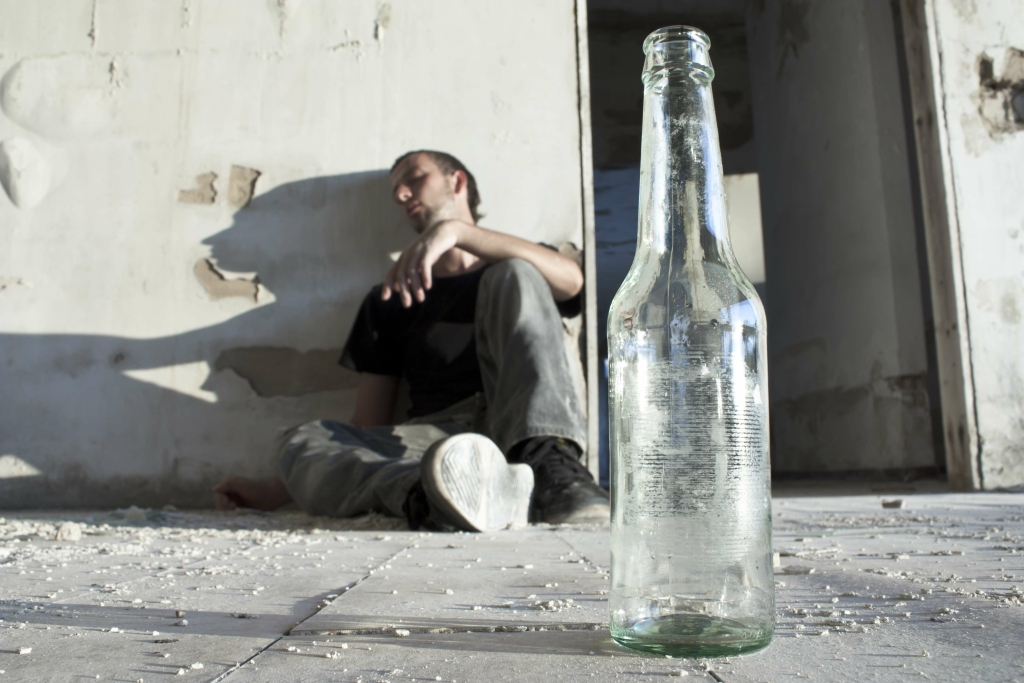Group dynamics, such as trust, respect, and confidentiality, are essential ingredients in fostering a supportive environment. Group members learn to provide support and hold each other accountable, ultimately helping each other navigate the challenges of recovery. This process not only increases self-awareness but also helps substance abuse group activities participants feel more in control of their recovery. While building a positive future is crucial, it’s equally important to prepare for the challenges that inevitably arise in recovery. That’s where relapse prevention and coping skills activities come in, equipping participants with the tools they need to navigate difficult times without turning to substances. For a more introspective approach, emotion collage creation can be powerful.
- Incorporate art therapy or journaling exercises to encourage self-expression and exploration of emotions.
- While traditional therapy methods are essential, incorporating fun and engaging group activities can further enhance the treatment process and promote long-term recovery.
- They provide a unique opportunity for individuals to face fears and learn to overcome obstacles in a controlled and safe environment.
- From outdoor adventures to creative pursuits, there is a plethora of options to cater to diverse interests and preferences.
Create Affirmation Collages

And in our increasingly digital world, virtual group therapy activities are becoming more prevalent, offering support and connection even when in-person meetings aren’t possible. As we move into different seasons of recovery, it’s important to adapt our approaches. New Year’s therapy activities can be particularly powerful for setting intentions and reflecting on progress. For those in later stages of recovery, self-compassion group therapy activities can help address lingering feelings of shame or guilt.

Practice Readiness Assessment
For example, intensive outpatient treatment may require drug addiction meeting twice a week, while inpatient programs may offer daily sessions. CBT skills group is a course that teaches mindfulness, your emotions, and the interconnection of thoughts, feelings, and behaviors. Thought replacement or cognitive restructuring is one of the fundamentals of CBT. You can encourage the clients to create a worksheet with negative thoughts to change the negative perspective. After playing with them, transition into a discussion about the fallibility of our senses and point of view.
- This approach resists a rigid definition, fostering a challenge in interpretation, and directly addresses challenging experiences contributing to substance abuse and addiction.
- Mindfulness meditation guides members to stay present, reducing stress and anxiety.
- There are several problems that come with belonging to a group or joining one for the first time.
- Engaging in creative activities allows individuals to process their experiences in a unique and meaningful way.
Start Transforming Your Life Today
It’s also a great way to identify and release tension, promoting physical and emotional relaxation. Guided meditation sessions are a staple in many recovery programs, and for good reason. They provide a structured way for participants to practice being present in https://ecosoberhouse.com/ the moment, rather than getting caught up in regrets about the past or anxiety about the future. These sessions can range from short, simple breathing exercises to longer, more involved visualizations.

